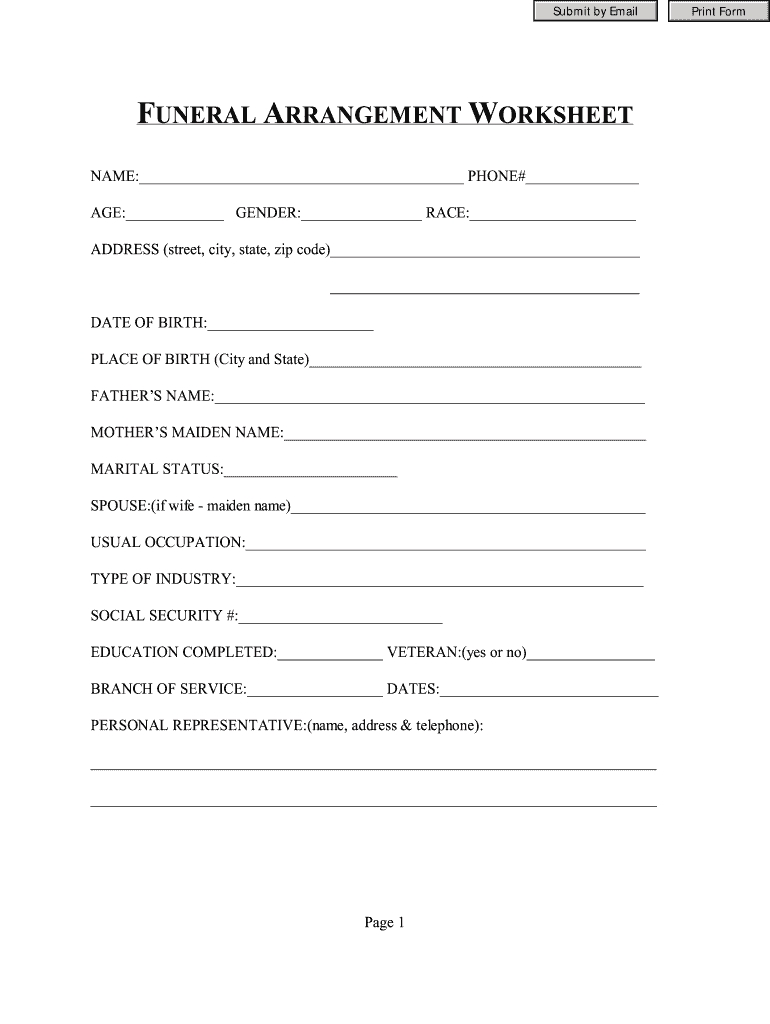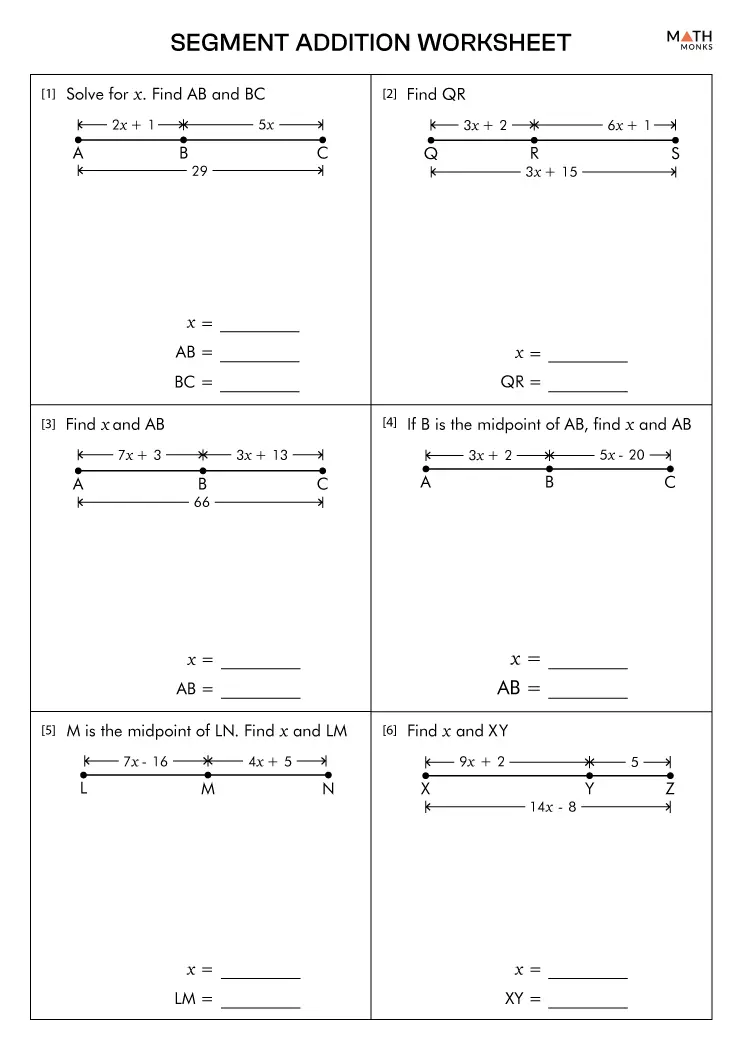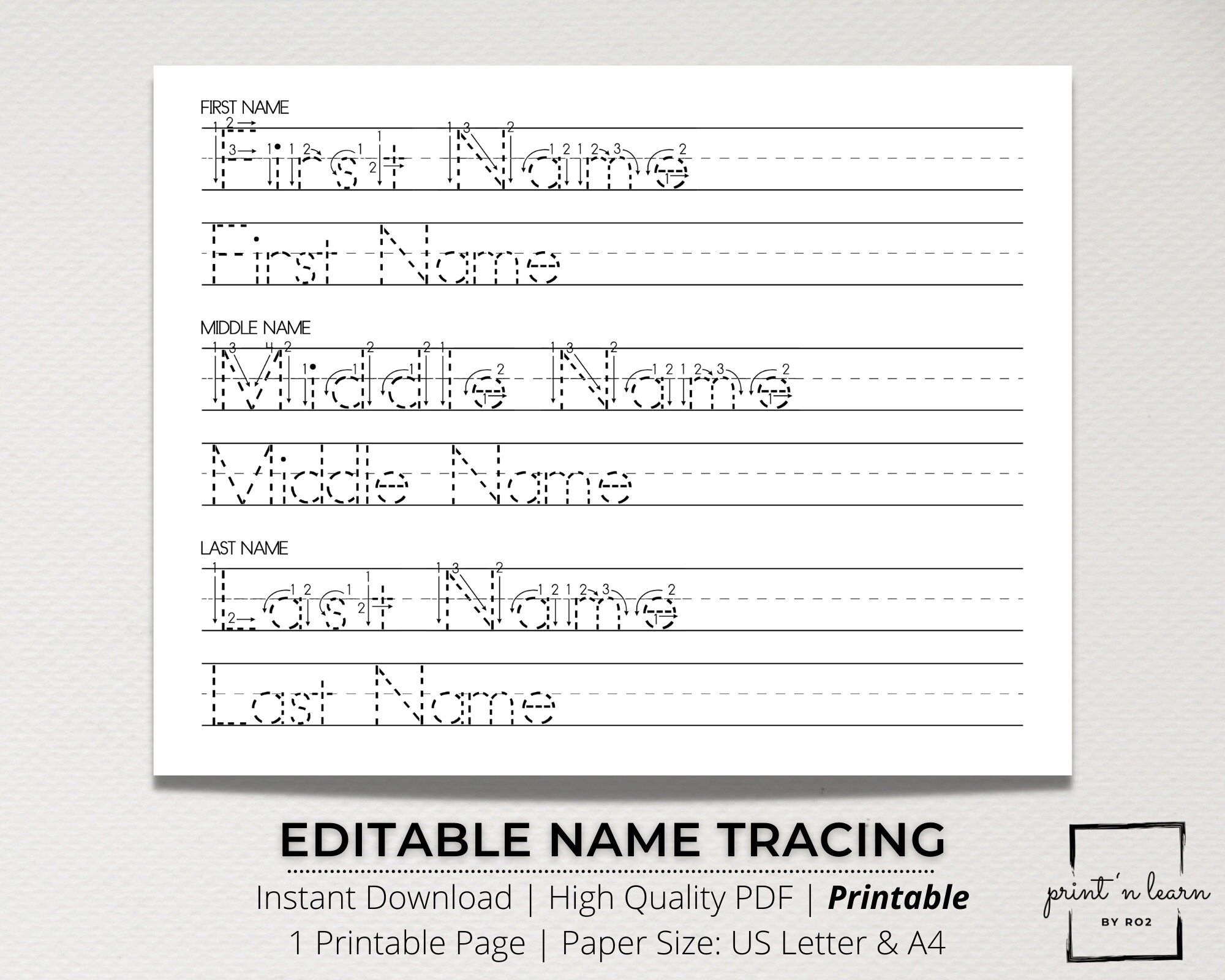5 Ways to Manage Anger with Conflict Resolution Worksheets
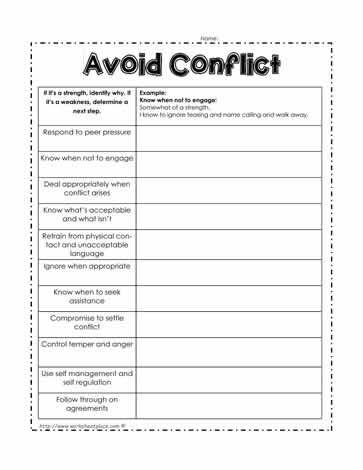
Understanding Anger and Conflict
Anger is a natural human emotion that can arise in response to a wide range of situations, from minor annoyances to major injustices. When left unchecked, anger can escalate into full-blown conflicts that damage relationships, compromise work performance, and even threaten physical health. However, by learning effective anger management techniques and using conflict resolution worksheets, individuals can develop the skills necessary to resolve disputes in a constructive and respectful manner.
5 Ways to Manage Anger
Managing anger is not about suppressing or denying emotions, but rather about learning to recognize the physical and emotional cues that signal anger and taking proactive steps to calm down and resolve conflicts in a healthy way. Here are five strategies for managing anger:
- Take a Time-Out: When feeling angry or frustrated, take a step back and remove yourself from the situation. Engage in a relaxing activity, such as deep breathing, progressive muscle relaxation, or a short walk. This simple act can help calm the body and mind, reducing the intensity of anger.
- Practice Empathy: Try to see things from the other person’s perspective. Put yourself in their shoes and imagine how they might be feeling. This can help to diffuse tension and create a more constructive dialogue.
- Use “I” Statements: When expressing anger or frustration, use “I” statements instead of “you” statements. This helps to take ownership of emotions and avoid blame, which can escalate conflicts. For example, “I feel frustrated when you interrupt me” rather than “You always interrupt me.”
- Focus on the Issue, Not the Person: Conflicts often arise from misunderstandings or differences in opinion. Try to focus on the issue at hand, rather than making personal attacks or criticisms. This helps to de-escalate tensions and find a resolution that works for everyone.
- Practice Forgiveness: Holding onto grudges and resentments can fuel anger and create more conflict. Practice forgiveness by letting go of negative emotions and moving forward with a positive attitude.
Conflict Resolution Worksheets
Conflict resolution worksheets are a valuable tool for managing anger and resolving conflicts in a constructive way. These worksheets provide a structured framework for identifying the root causes of conflicts, exploring different perspectives, and finding mutually beneficial solutions. Here are a few examples of conflict resolution worksheets:
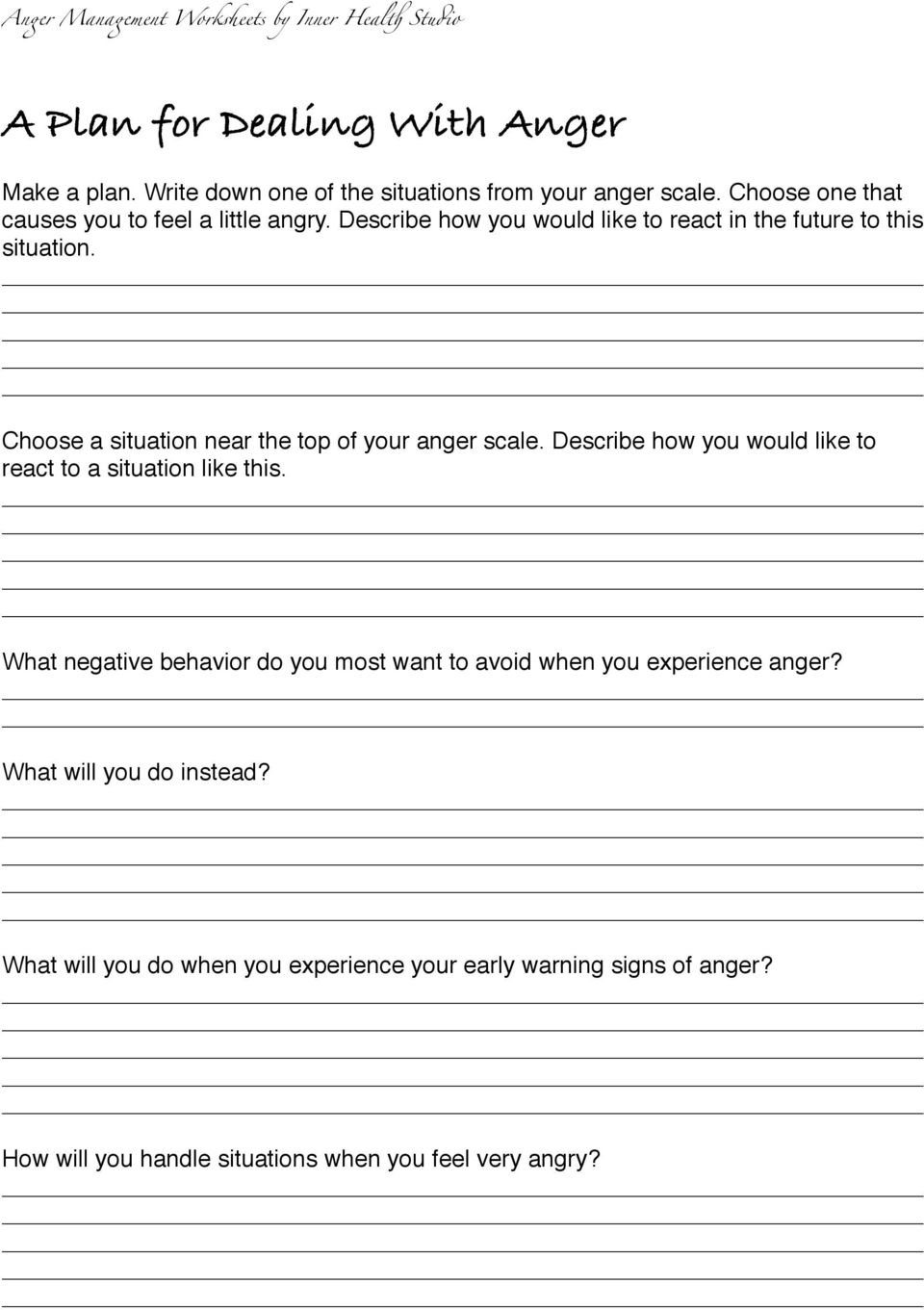
| Worksheet 1: Identifying Conflict Triggers |
|---|
| * What is the conflict about? * Who is involved? * What are the underlying issues? * What are the goals and needs of each party? |
| Worksheet 2: Exploring Different Perspectives |
| * What is my perspective on the conflict? * What is the other person's perspective? * What are the common goals and interests? * What are the potential solutions? |
| Worksheet 3: Finding Mutually Beneficial Solutions |
| * What are the key issues that need to be resolved? * What are the potential solutions? * What are the pros and cons of each solution? * What is the best solution for all parties involved? |
💡 Note: These worksheets are just examples and can be tailored to suit specific conflict resolution needs. The key is to provide a structured framework for exploring different perspectives and finding mutually beneficial solutions.
Conclusion
Managing anger and resolving conflicts is a vital life skill that can improve relationships, work performance, and overall well-being. By learning effective anger management techniques and using conflict resolution worksheets, individuals can develop the skills necessary to resolve disputes in a constructive and respectful manner. Remember, conflict resolution is not about winning or losing, but about finding mutually beneficial solutions that work for everyone.
What is the most effective way to manage anger?
+The most effective way to manage anger is to take a proactive approach by recognizing the physical and emotional cues that signal anger, and taking steps to calm down and resolve conflicts in a healthy way.
How can conflict resolution worksheets help with anger management?
+Conflict resolution worksheets provide a structured framework for identifying the root causes of conflicts, exploring different perspectives, and finding mutually beneficial solutions. This can help to de-escalate tensions and find a resolution that works for everyone.
What are some common mistakes to avoid when managing anger?
+Common mistakes to avoid when managing anger include suppressing or denying emotions, making personal attacks or criticisms, and holding onto grudges and resentments. Instead, focus on taking a proactive approach, practicing empathy, and finding mutually beneficial solutions.
Related Terms:
- Anger management PDF
- The anger control Workbook PDF
- Anger management Journal PDF
- Anger Management scenarios
- Anger control plan pdf
- Anger management scenarios for adults

